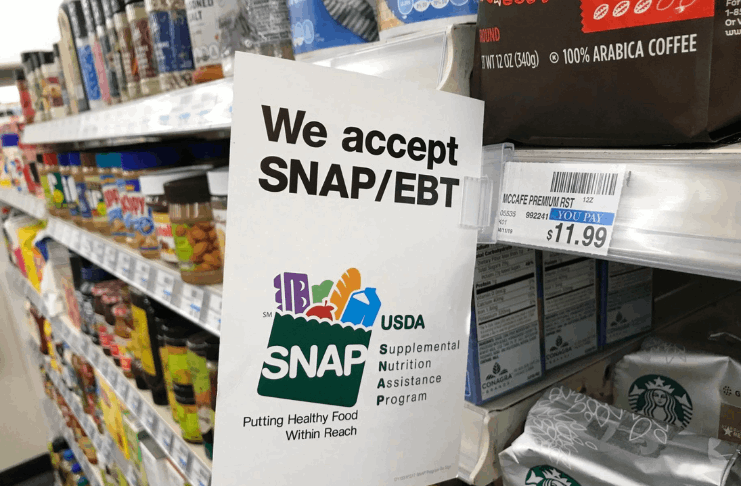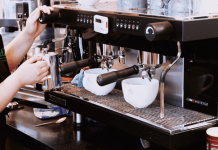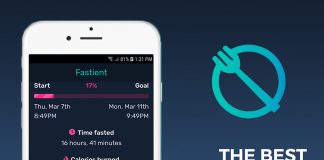How to Apply for Pizza Hut Job Openings
Are we looking to savour more than just pizza? Welcome to Pizza Hut, where tantalizing career openings await. This guide isn't your usual application...
Discover How to Apply for Starbucks Job Openings
Welcome to the guide that opens the door to your Starbucks journey! If you're ready to join a world of coffee and community, this...
Applying for Job Openings at McDonald's: Learn the Step-by-Step
When considering jobs at McDonald's, one envisions a global corporation with reach in every corner of the world. McDonald's stands as a testament to...
Discover How to Use Free McDonald's Coupons Through the App
Discover McDonald's coupons, a popular way to get discounts on your favourite foods. With its app, McDonald's makes it easy to access these savings. This...






















